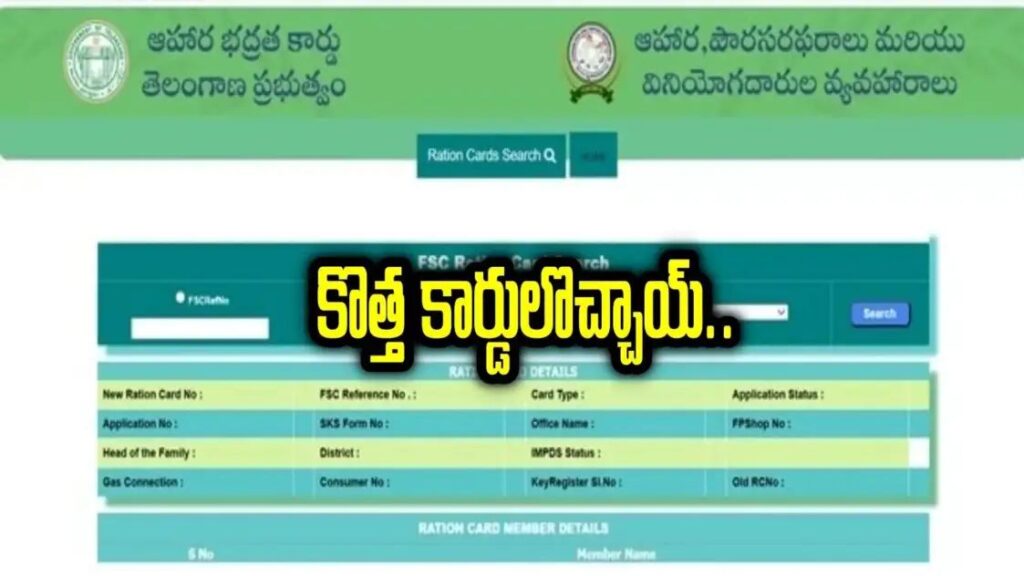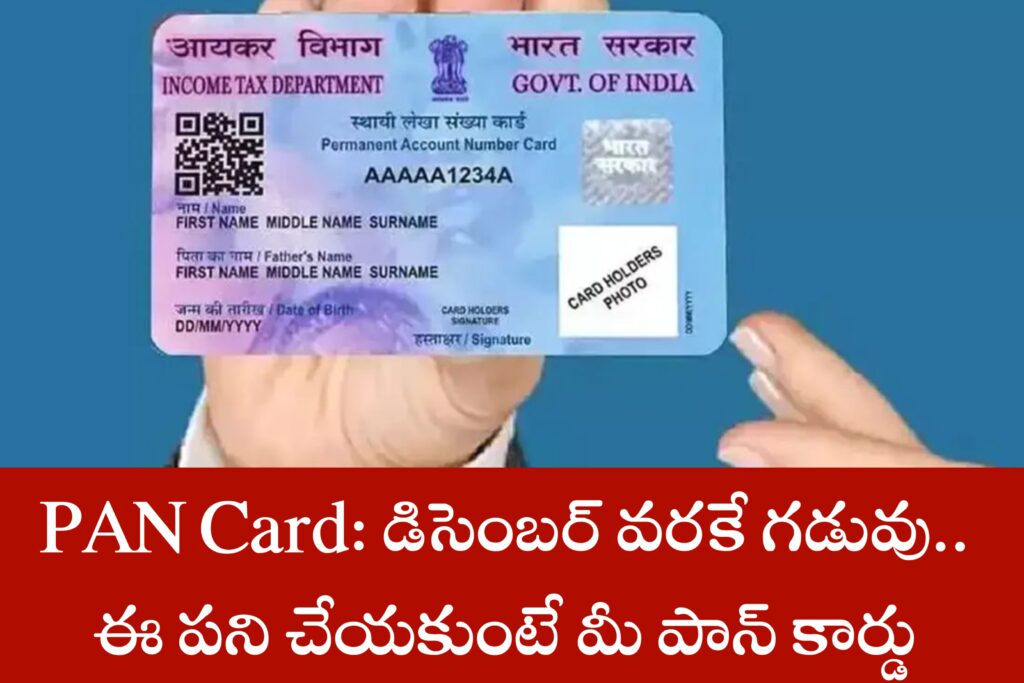In recent governmental directives, the issuance of ration cards has been tied to caste registration, impacting eligibility and application processes across regions. This guide provides a detailed walkthrough of the steps involved in obtaining a ration card under these new regulations.
Introduction to Ration Cards and Caste-Based Registration
Ration cards serve as vital documents ensuring food security for eligible families across India. The recent mandate links the issuance of these cards to caste registrations, requiring thorough scrutiny and approval processes.
✅ Telangana Indiramma Indlu Housing Scheme 2024 Apply Now
Steps to Apply for a Ration Card under New Guidelines
- Initiation of Field Inspection:
- Lists of families without existing ration cards are forwarded to Collectors and GHMC Commissioners for on-ground assessment.
- Municipal authorities at zonal and district levels, along with additional revenue collectors and civil supply officers, oversee this crucial initial phase.
- Field Inspection and Draft List Preparation:
- After thorough inspection, a draft list of eligible families is prepared.
- This list is then displayed and deliberated upon in Gram Sabhas and Ward Sabhas, ensuring transparency and community involvement.
- Beneficiary Registration and Approval:
- Eligibility details are registered in designated logins at zonal and municipal levels.
- Upon satisfactory review by Collectors and GHMC Commissioners, the finalized list is sent to the Civil Supply Commissioner for further action.
- Issuance of New Ration Cards:
- The Civil Supply Commissioner proceeds to issue new ration cards based on the approved beneficiary list.
- Changes, additions, and removals of members on existing cards are also facilitated during this phase.
- Distribution and Implementation:
- New food security cards are slated for distribution starting from the 26th of the month, as per government orders.
- This distribution aims to streamline access to essential food supplies for qualifying households.
Eligibility Criteria for Ration Card Applicants
- Income Criteria:
- Rural areas: Annual income should not exceed Rs 1.5 lakh.
- Urban areas: Annual income should not exceed Rs 2 lakh.
- Land Holdings:
- Rural areas: Land ownership should not exceed 3.5 acres.
- Urban areas: Land ownership should not exceed 5 acres.
- Employment Status:
- Applicants should not be public, private, or outsourcing employees.
- Additional Considerations:
- Applicants should not be engaged in significant business ventures or own a four-wheeler.
- Government pensioners are eligible under specified conditions.
Conclusion
The integration of caste-based registration into the ration card issuance process marks a significant shift in ensuring equitable distribution of essential resources. By following the outlined procedures and meeting the stipulated eligibility criteria, eligible families can secure their food security cards effectively. This initiative underscores the government’s commitment to transparent governance and social welfare enhancement.
For further details and updates on the application process, applicants are advised to consult local administrative offices and official announcements.
This guide aims to empower eligible families with the knowledge needed to navigate the new regulations effectively and access essential food supplies through the issuance of ration cards.







